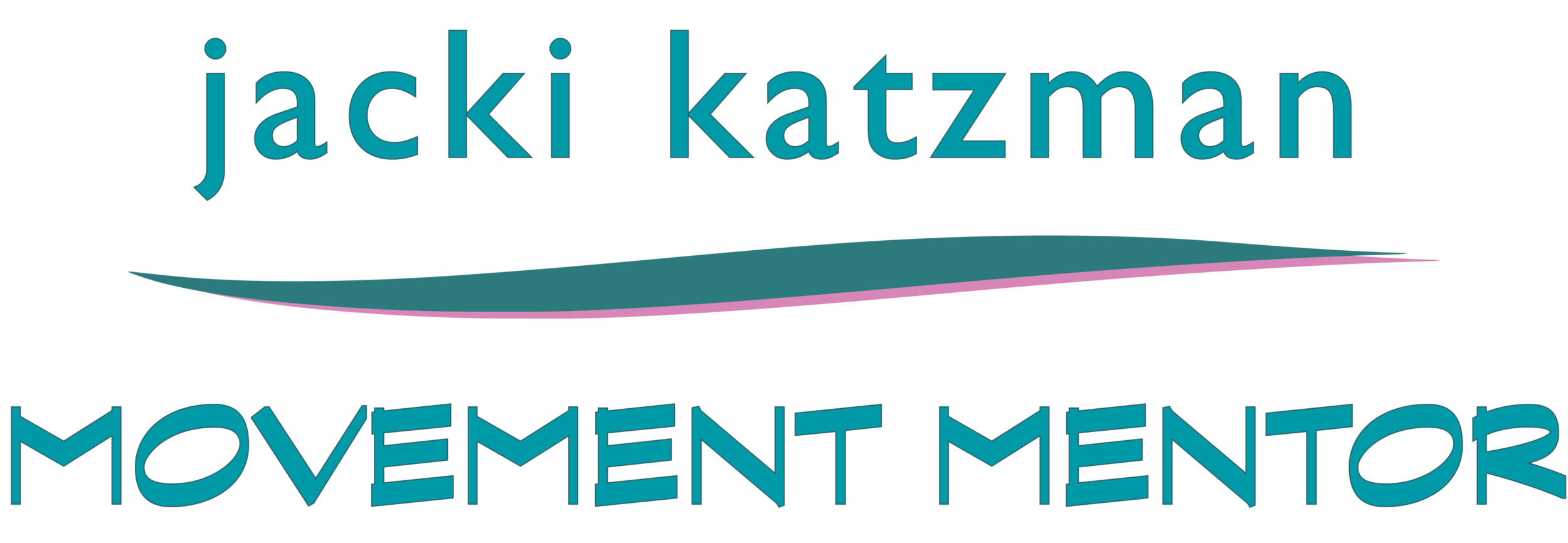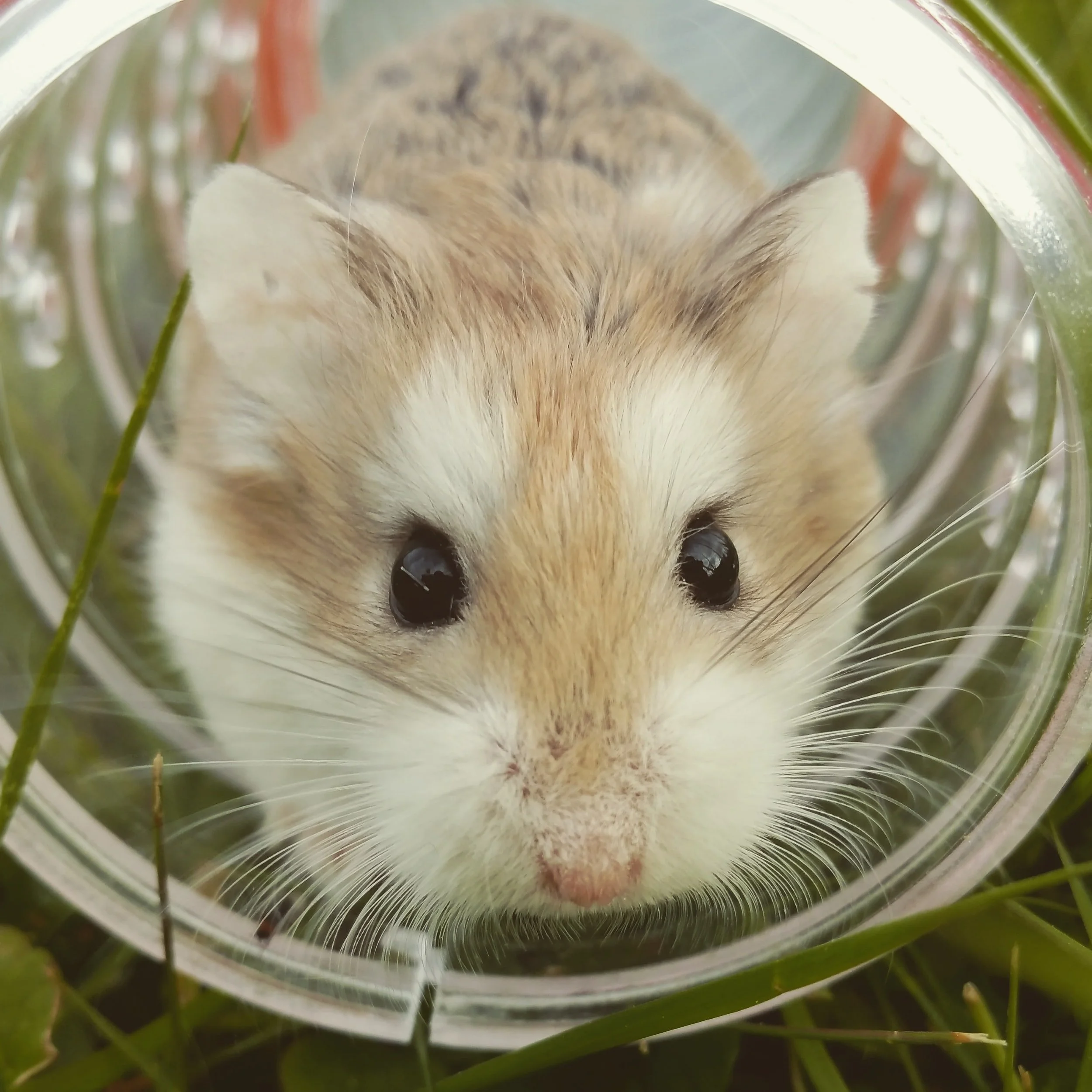Muscle Memory - Recall and Renew
How ‘Muscle Memory’ May Help Us Get in Shape
Some Advice from the New York Times
New York Times Physical Education writer Gretchen Reynolds offers research-based hope for our Covid-lazed bodies in How ‘Muscle Memory’ May Help Us Get in Shape.
“After two years of Covid-19 and its disruptions to our exercise routines, many of us may feel like we have forgotten how to be fit. But an encouraging new study suggests that our muscles remember. The study involved mice, but it builds on similar experiments with weight training and people. It found that muscles developed a pervasive and lasting molecular “memory” of past resistance exercises that helped them bounce back quickly from long layoffs.
And as an encouraging side note to those who are taking up weight training for the first time, the findings also suggest that we should be able to build new muscle memories, regardless of our age.”
Epigenetics refers to changes in the ways that genes operate, based not on changes in the gene itself, but rather in the way genes respond to environmental cues to produce particular proteins. Epigenetics are cited as the reason for intergenerational trauma, as chemical signals associated with stress are transmitted to and expressed in children of traumatized parents. However, on the PLUS side, epigenetics can also help the body remember past resistance exercises and help people bounce back from long periods of inactivity.
The article cites Dr. Kevin Murach, University of Arkansas and an experiment using mice as stand-ins for human muscle training experiences. The mice ran on tiny resistance wheels for a couple of weeks, and then lazed around for what would be the equivalent of many human years.
After the extended chill out, the mice were once again stuck in the resistance wheels and the researchers checked how quickly their muscles pumped back up. Even after months of inactivity, previous epigenetic changes helped the trained mice buff up more quickly during retraining compared with the untrained mice running the wheel for the first time.
Yes, we are not mice, but muscles are muscles.
Moral of the story:
Our muscles should remain primed to respond to the exercises when we start working out again.
It may never be too late to start laying down muscle memories, even if we have rarely or never lifted weights.


